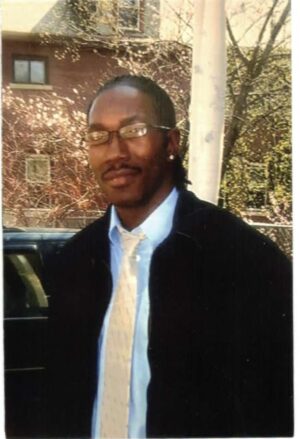Have you ever heard the word “illeism”? It’s a sophisticated word to describe when people don’t use the words “I”, or “me”, or other first-person pronouns, instead referring to themselves in the third-person. Although I’ve only experienced it a couple times – both times – it weirded me out to hear someone talk about something they’d done and, at the same time, refer to themselves as if they were talking about someone else! Imagine interviewing Lebron James after having a night where he scored 50 points, and in response to your question about how it felt, he says, “Yeah, after 20 years – at Lebron’s age – it’s a great night when he can contribute to the team in such a way”?! What?! Right?! But, surprisingly enough, it is a way of communicating that is employed by enough people around the world that it has its own definition and assessment that psychologists refer to as “self-distancing”. But the art of self-distancing has more application than just being a form of communication. Oftentimes, after we’ve done things – especially the things that we ultimately regret – we end-up, during the process of introspection, having dived so deep, so close and personal, that we overwhelm ourselves to the point that we fail to realize that we’ve dug ourselves into a hole nearly impossible to climb out of. The result is negative emotion. And negative emotion usually manifest itself as negative action. So, I have come to overstand the importance of learning how to self-distance myself from the things that I’ve done and/or experienced when giving serious and careful consideration to it, so that I may instead use what has happened as a catalyst for positive change in my life.
For those of us whom are truly interested in evolving and becoming better men and women, we must recognize that how we approach making the necessary changes in our lives – in our characters – is just as important as making the change itself – because how you approach it will determine if it will actually stick! Learning to move away from, and not personally dive into your self-reflection, but instead view them as if you were a distant – remote witness – has the potential to, not just be powerful, but effective, in the reformation of one’s mind – one’s character. Imagine watching yourself as the star in a film. I believe that this is imperative to one’s rehabilitation, one’s change, because learning and utilizing the method of self-distancing has helped me to identify and examine the basic elements of what I’ve done and/or experienced in order to develop and focus on a plan that will help me achieve my desired change without the regret and shame that may be associated with what I’d done, been accused of, and/or may have experienced, in the past. Because of the fact that, according to Ethan Kross of the University of Michigan and Ozlem Ayduk of the University of California, learning to self-distance regulates our emotions and redirects behavior, I believe that it is directly responsible for allowing me to forgive myself of the mistakes I’ve made which led me here. These two leading scholars on the subject further posit that “[p]eople who self-distance focus less on recounting their experiences and more on reconstructing them in ways that provide insight and closure.” The result of self-distancing is the strengthening of one’s ability to seriously contemplate their situation and circumstances, improves their ability to solve problems, boosts perception and insight, and even reduces the pressure that often accompanies stressful situations.
Although there are several ways to employ the art of self-distancing, my personal favorite is called the ‘fly on the wall technique’. Rather than examining the thing you might regret by-and-through your own point-of-view with thoughts like “I messed up my relationship with my mother, for years, and did nothing to try to fix it”, look at it from the point-of-view as someone with no skin in the game! Have you ever noticed that you’re better at resolving other peoples’ problems or issues than your own? According to what I’ve read, and experienced, this happens because we are much less involved in other peoples’ messes than they are, which allows us to see the situation from more angles, different perspectives, and with a broader picture in mind, than those involved because of their involvement. In fact, Kross and Igor Grossman of the University of Waterloo in Canada, have demonstrated that when people allow themselves to step back and assess their own situations the way that they do others’, it results in the closing of this perceptual gap. The fly on the wall technique further allows one to be able to accept and learn from criticism – which means taking things less personal – and contributes, in a major way, to turning feelings of bitterness and grief caused by remorse and regret into tools for improvement. When practiced properly, looking back and contemplating actions of the past can propel you forward. Learning to be able to uncover things about yourself – in retrospect – be compassionate towards what you reveal, then being objective about it, provides a simple but methodical means of converting the usual negative feelings that occur in the process into a powerful force for one’s change.




No Comments